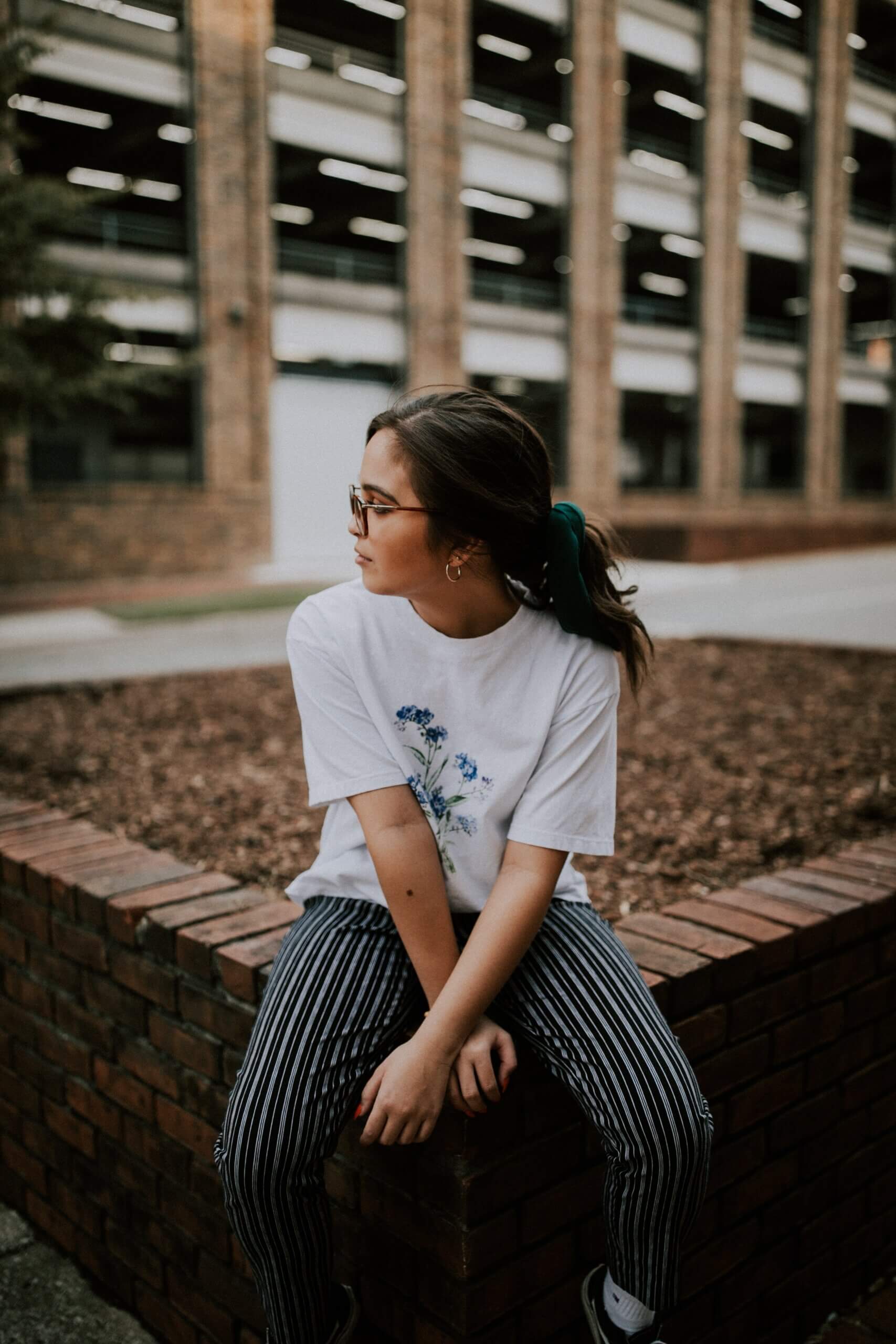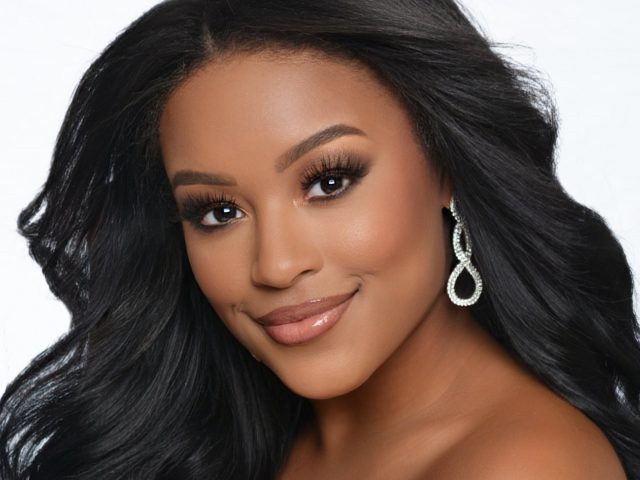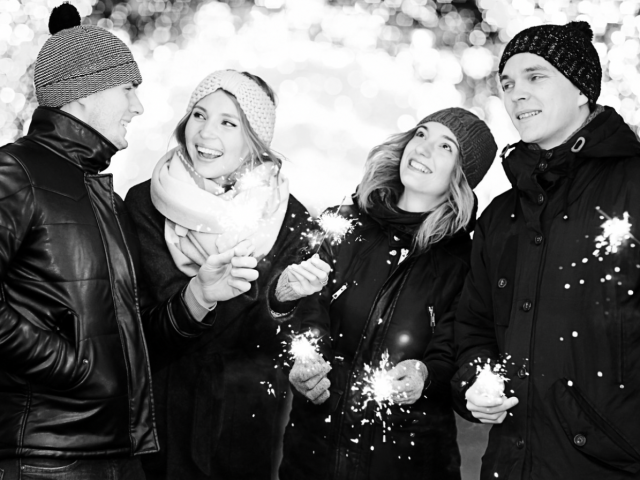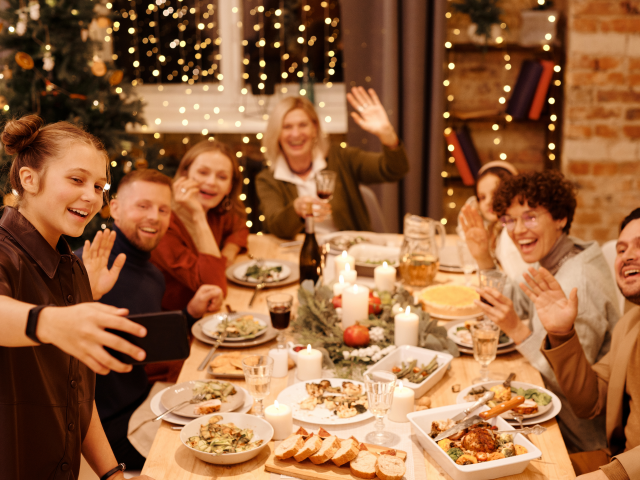As a freshman in college – my first real time out from under the constant and very watchful eye of my family, I fell head over heels with the guy I met while eating cafeteria chicken tenders alone in my building’s Common Room. He was the first guy I met who also thought the Shrek series (which I was watching) was seriously underrated.
I was in love before Orientation Week even wrapped.
I thought him wanting to be with only me was love (now I know it’s Isolation). I assumed him wanting to know who I was with, where I was going and what I was doing every second of every day was love (now I recognize it’s Possessiveness). I figured his over-the-top reactions to situations most people wouldn’t bat an eye at were because it was normal for people to act extreme when they are so in love (now I get that it’s Volatility), and on and on.
None of my friends or family had the knowledge or skills to see what I was going through, nor did I have the courage to tell them – this was what TV and all the magazines had told me was love, right? I felt shame that I had let it get to this point – my family and friends were all these incredibly smart, strong women and I felt I would be a letdown to them all if they were to find out. Besides, I believed that even if I had told them what was going on, they didn’t have the tools to help me.
That relationship had life-long implications – I found myself pregnant at just 18. I was so anxious at how my partner would react to every little thing that I couldn’t sleep, then I couldn’t focus in class, then I couldn’t get out of bed to attend class. In a matter of months, my grades plummeted and I flunked out of my freshman year. Eventually, things escalated to where the University Police had intervened, and I was finally able to feel free from living my life according to my ex’s demands; but, unfortunately, the life I had hoped for myself didn’t feel possible anymore.
Regardless of whether the unhealthy behaviors are physical, emotional, verbal or all of the above, we know those who have been on the receiving end of unhealthy behaviors can feel shame about what happened to them and around not being able to stop it from happening in the first place. Being in an unhealthy relationship can slowly chip away your self-worth and self-confidence. It can make you feel incredibly alone – it did for me. Throughout my situation, I was too ashamed to reach out to anyone in my circle about it. I felt that there was no way my friends would have let this happen to them; that there was no way my family members, fellow students, or teammates would become a victim of unhealthy or abusive behavior. But, we know it can happen to absolutely anyone – nearly 1 in 5 college students in the U.S. report being physically or sexually hurt by a dating partner while in school.
RELATED ARTICLE: Lethal Behaviors to Look Out for in an Abusive Relationship
That’s why I decided to outsource some of this article. I want you to know you’re not alone in having skewed expectations of relationships thanks to pop culture and antiquated ideals, and that those skewed expectations can make it incredibly easy to experience an unhealthy or abusive relationship. The responses below come from a variety of individuals – male, female , non-binary, straight, members of the LGBTQ+ community, people with vastly different careers, nationalities, upbringings and ages. What they have in common is that they were not taught anything regarding relationship health education before they entered their late teens and early 20’s.
Hopefully, from reading all of this, you can learn from our misconceptions, recognize the signs of an unhealthy relationship, and surround yourself with positive, uplifting relationships.
“What do you know about relationships now that you wish you had known when you were younger?”:
- “A relationship should be a positive ADDITION to your life, not consume you to the point where you don’t have your own identity anymore.” See: Intensity
- “You’re going to grow out of some relationships and that’s okay. It doesn’t mean that anyone gave up or didn’t try hard enough.” See: Independence
- “It’s not sunshine and rainbows all the time. Relationships have seasons – some are harder than others, but everything can be overcome with honest, open communication and mutual respect of the other person.” See: Respect and Honesty
- “You are not responsible for ‘fixing’ another person, ESPECIALLY when they make you feel like you are.” See: Guilting and Manipulation
- “If they refuse to ever spend time with your friends or family, get outta there!” See: Isolation
- “If someone tells you that you’ll never find someone else to love you, I promise you will and it’s not the person saying that.” See: Belittling
- “I wish I had known that it was supposed to be more carefree at that age! I was so serious and constantly looking for ‘The One’ that I really missed out on meeting a lot of new people, traveling and new experiences. I was the one doing the unhealthy things!” See: Fun
- “You are never, and I cannot emphasize this enough, ever responsible for someone else’s reaction or response to a situation.” See: Deflecting Responsibility
RELATED ARTICLE: How to Spot the Signs of Abusive Texts
***
If you read any of these statements and recognize these behaviors in your own relationship, reach out to a friend or a trusted adult to talk through what you’re feeling and what a safe next step would be to ensure these unhealthy behaviors do not escalate to abuse.
At 19, I felt that my unhealthy relationship defined me. If you had told me that experience would be just a blip on the radar of my life, I would not have been able to believe you. My anxiety from that experience ruled my life, but I promise there is hope after experiencing abuse. You are not your relationship and you are not weak. The strength it takes to pick yourself up from that experience is what defines you, and I guarantee you have more people than you can imagine who are rooting for you, as I realized when I was finally able to share my story, one person at a time.
–
Chelsea Leonard is One Love’s Director of Development for the California Region. Her “why One Love” – Relationship education is the information everyone needs but few have – it’s a no-brainer for me to be involved in expanding these resources to as many people as possible.
Chelsea’s favorite Healthy Sign is “Healthy Conflict.”
Browse by Category

Don’t Be on the Naughty List: Spotting Unhealthy Relationship Signs This Holiday Season
The holidays are meant for joy, connection, and celebration—whether it’s Christmas, Hanukkah, Kwanzaa, or cozy winter vibes. But if someone…
How to Have Healthy Holiday Conversations with Family (and Prep Your Partner)
The holidays are a time for family, good food, and—let's…
Finding Strength in Our Stories: Domestic Violence Awareness Month
⚠️ Trigger Warning: This blog includes content and language related…
Understanding Domestic Violence Awareness Month (DVAM)
October is almost here, and that means it’s time to…
4 Students Share How They Helped a Friend in an Unhealthy Relationship
Watching a friend struggle in an unhealthy or abusive relationship…














